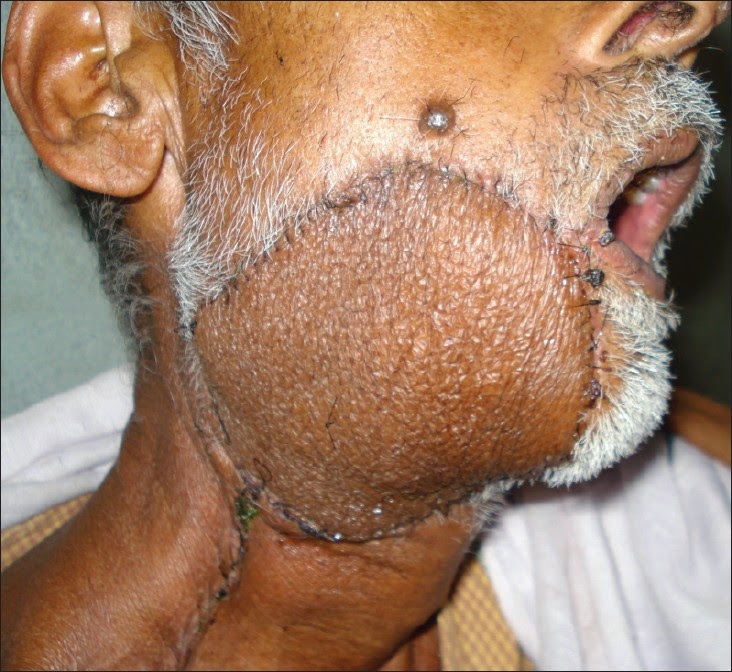It has been a while since I posted i know... but Mayo Clinic kept me very busy as a PA fellow. Now I am completely finished and it has gone by so quickly!
What can I say to relay such an amazing, challenging, difficult, rewarding, beneficial experience?!
First off, lets say I have gained a lot more confidence as a PA during my time as a PA fellow. I have also rubbed shoulders with some amazing PAs who have shown me examples of what its like to be a professional. Its hard to teach that in school, and its hard to learn that as a student. It is best learned while being on the job and actually getting your hands dirty doing the work.
It has been nice to be able to make small mistakes and have PA colleagues there to help me see my mistakes and how to correct them before I could make really large mistakes. A fellowship is a unique learning ground to nurture fresh PAs to take on the HUGE role as a provider. It is a support structure to push you and teach you in an environment where you can develop strong roots to be a better, more confident, and smarter PA in such a short period of time.
Sure a fellowship is not for everyone... but it can really make a fresh PA become more confident, a better learner, a better provider, and much better at knowing how best to care for patients in a short amount of time. Fellowship training accelerates training that would otherwise take many years of on the job training. Not only does it make one a better PA, but it serves as an adjunct to help get a competitive job! A fellowship will not only help you to land the job you want, but also get a better salary for your extra training.
Lets go over a few questions that those might consider when contemplating if a post-graduate fellowship is the right choice for them:
Is a fellowship right for me?
That depends on your long-term goals. I looked to a fellowship because I was unable to get a job in a specialty where they wanted PAs with experience. I didn't want to go out and get any job just to gain experience in an area where I ultimately didn't want to work.
Will it be worth the cut in pay?
Most of the pay cut you will take for doing a fellowship will be made up within the next few years after landing a job with higher pay secondary to your new training. Plus its not always about pay, when you work to get a job you love that has the schedule, benefits, and aspects of the job you love, you'll find it is very much worth any cut in pay for a year.
What will it really do for my career as a PA?
A fellowship can do wonders to make you a better, competent, and confident PA. You will think about things with your patients that you never knew to think about because of your extra training and experience. You will learn about more challenging and involved areas of medicine that go beyond the foundation knowledge you learned in school. And if you have a more advanced knowledge in the area, it will build upon that knowledge. Fellowship training also gives you a leg up over competition when it comes to applying for a job, and negotiating a salary. You will stand out and will be more likely to get the job you really want because of your unique experience and exposure.
What is life like as a PA fellow?
Life as a PA fellow can vary widely depending on the fellowship. Expect to be busy and work a lot. You'll have many training and education lectures, tons of patient exposure, and constantly be pushed beyond your comfort zone (in a good way). Expect to learn things by being exposed to them over and over again and to become comfortable handling them easily on your own. Its an experience that's hard to gain any other way.










